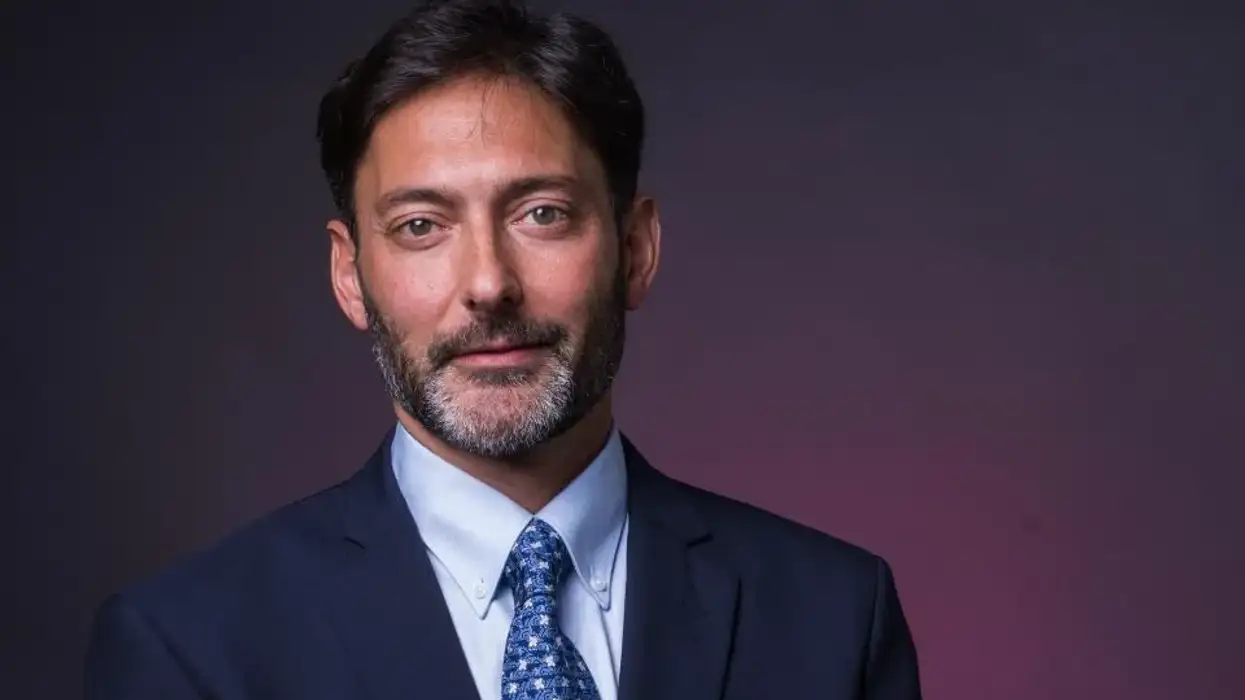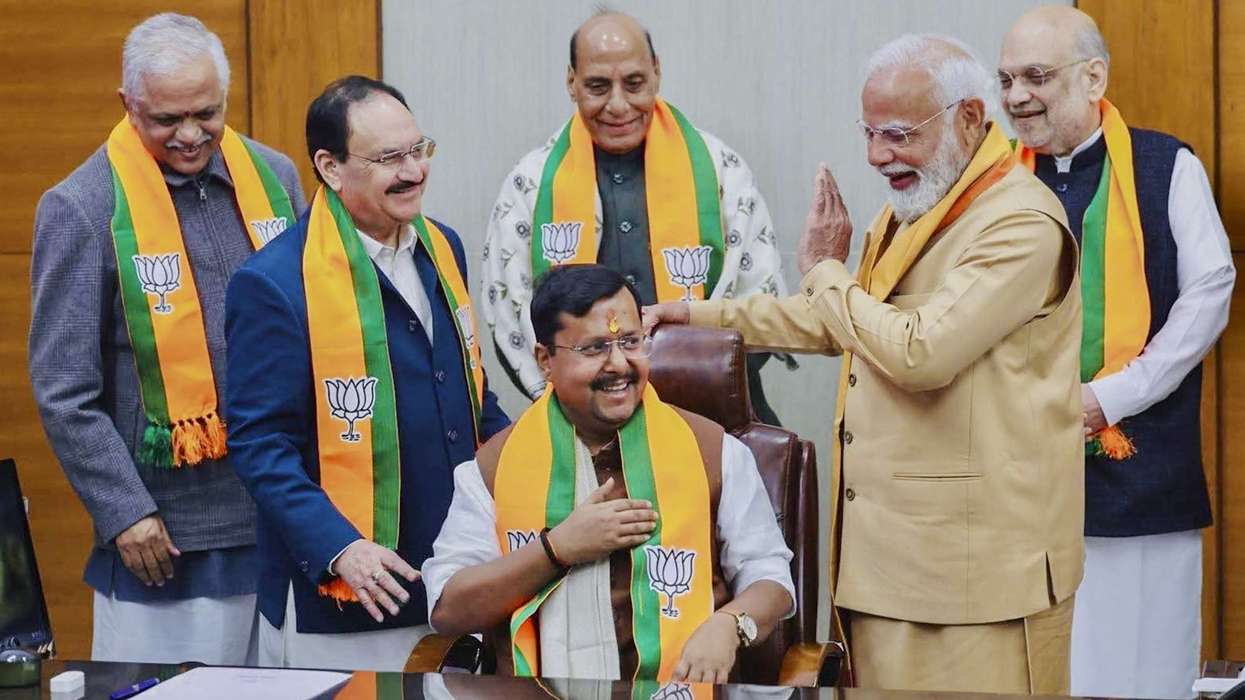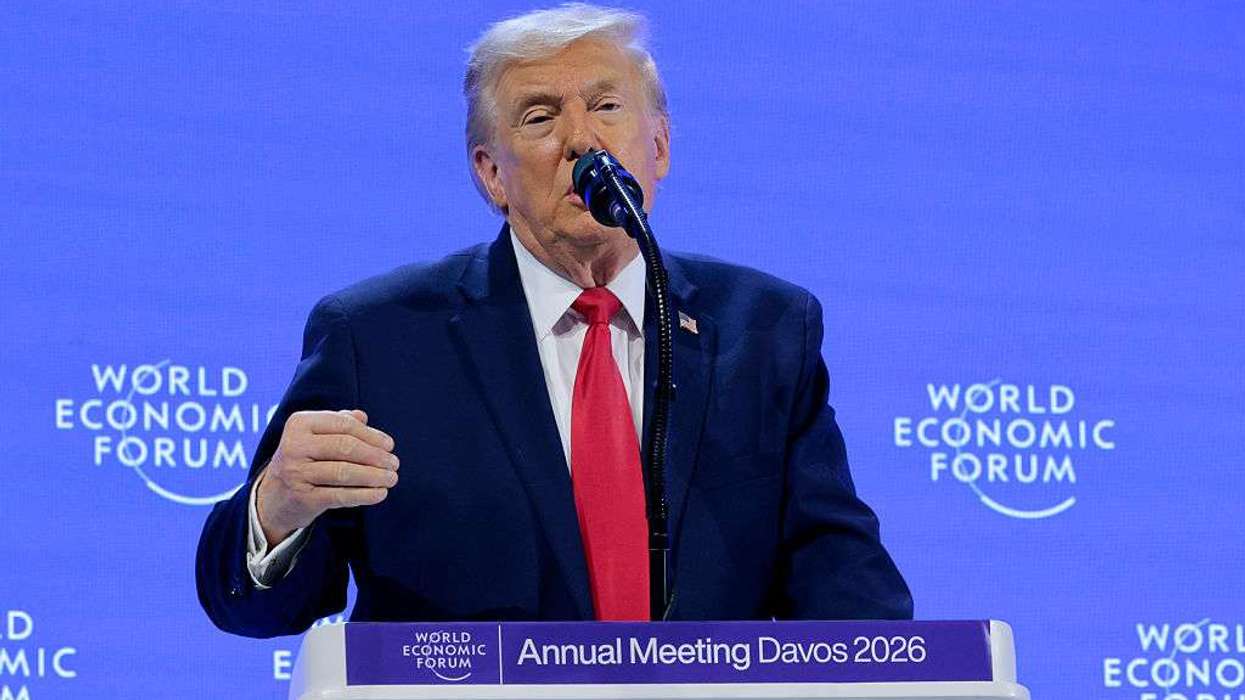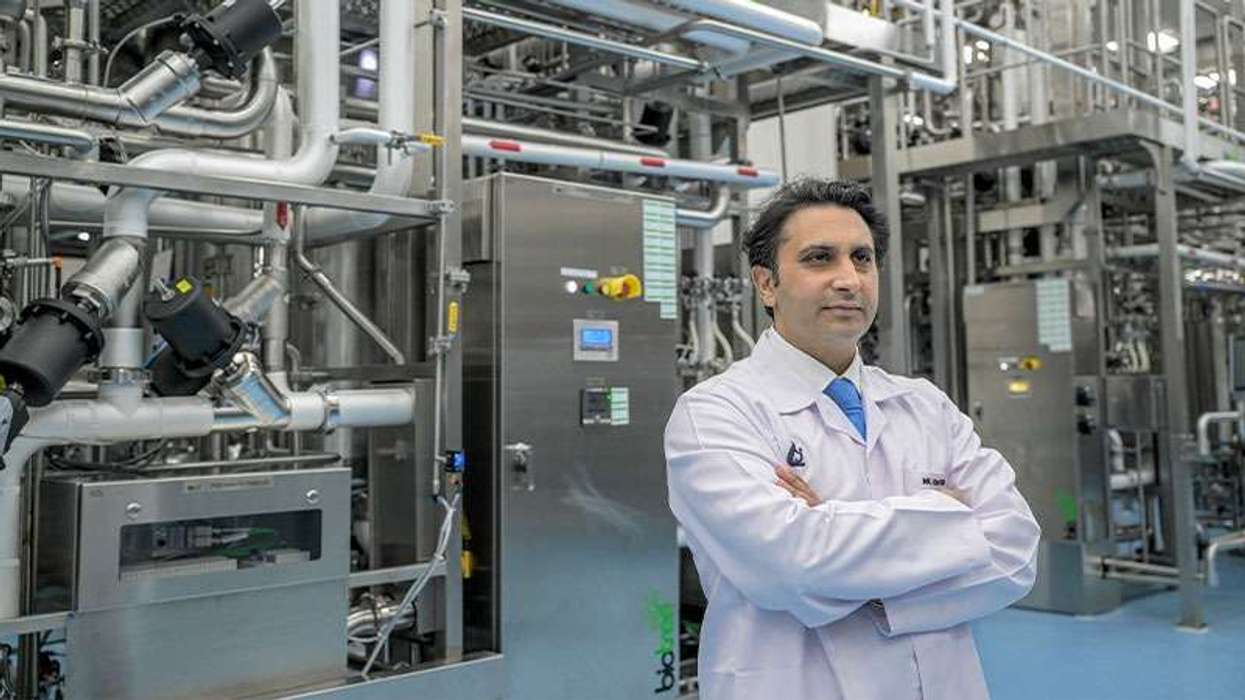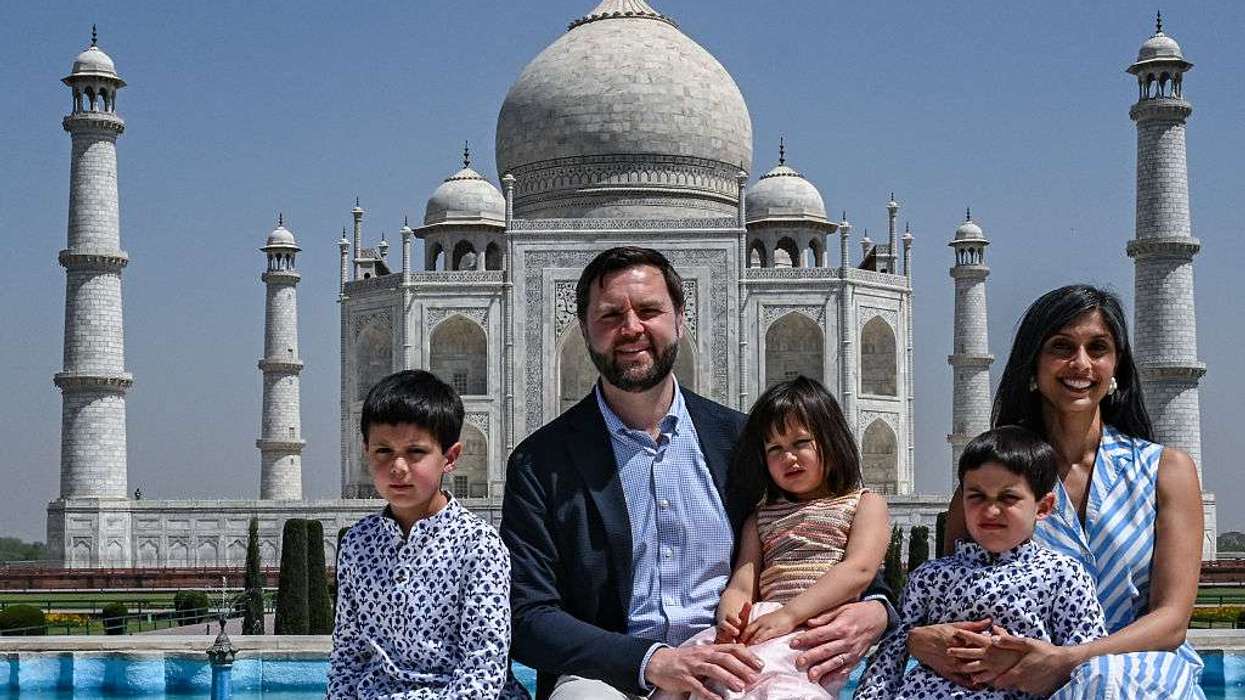VOTERS are staying away from polling stations in constituencies where results seem predictable, the head of the elections watchdog said.
Electoral Commission chief Vijay Rangarajan said overall turnout in the recent general election had slumped to “down at the 60 per cent mark”, with notably lower participation in seats where “people were more confident of the outcome.”
Giving evidence to a parliamentary committee earlier this month, Rangarajan noted that over the past 20 or 30 years, there’s been a steady drop in how many people vote.
The public administration and constitutional affairs committee heard evidence reviewing the 2024 general election.
Rangarajan said many people feel disconnected from politics and question whether voting is worth it.
He also identified private renters, ethnic minorities, and certain marginalised groups, like the Gypsy Roma Traveller community, as under-represented voters.
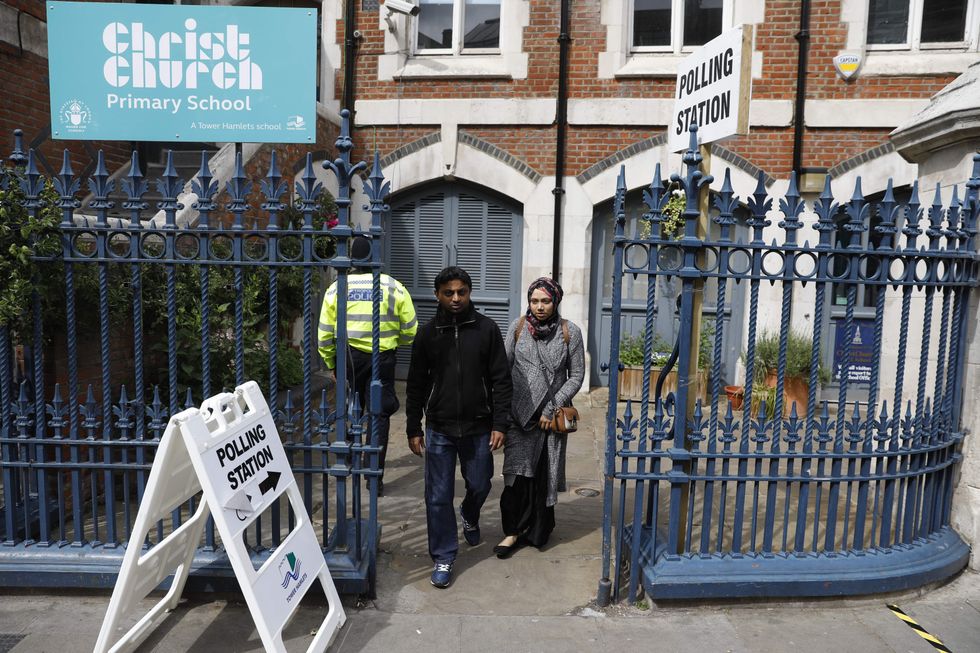
Tailored communication and education strategies are being developed to address their barriers to participation, he added.
Rangarajan said, “The thing that worries us overall, and much more, is the long-term secular decline in turnout. Going back over 20 or 30 years, we have seen turnout fall very steadily on average.”
This decline, he noted, comes with “a degree of alienation from the process of voting, from the political system and a feeling of ‘Why vote?’”
Asked about alternative voting systems, Rangarajan was measured in his response. Looking at different electoral systems within the UK, he said they “have not seen a strong link between the voting system and turnout.”
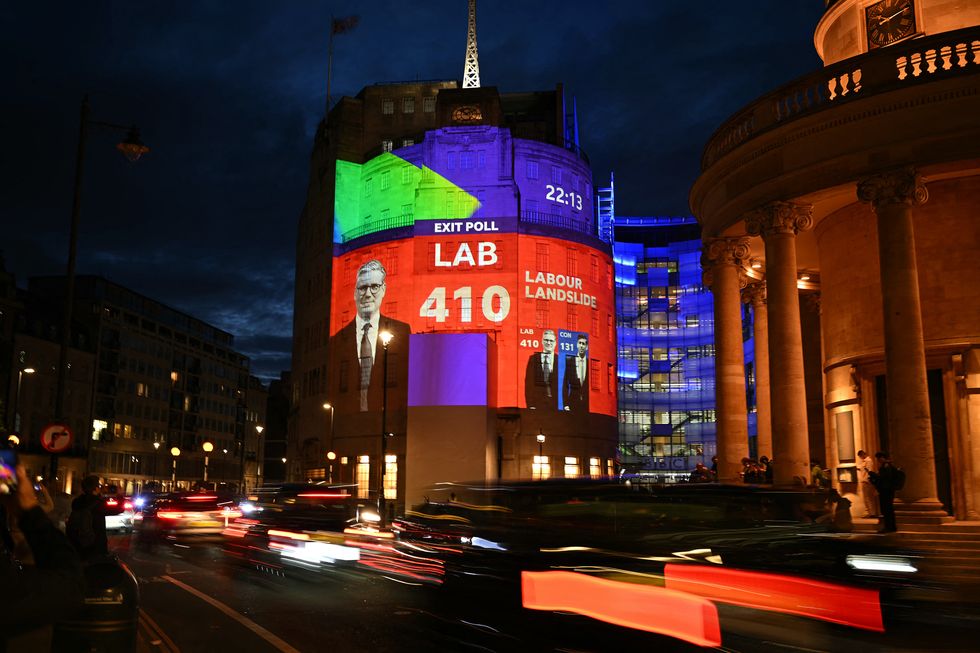
Instead, he stressed the importance of “contestation of particular seats and particular elections, where people are energised to turn out because they think their vote will count more.”
The Electoral Commission is looking abroad for solutions, particularly to Australia, which has “a very advanced and sophisticated automatic registration system” delivering “high 90s levels of both completeness and accuracy.”
According to Rangarajan, last-minute voter registration surges remain a persistent challenge on polling day.
“They have woken up and thought, ‘Oh, there is an election, and I do want to vote but I’m not registered.’ Being registered in advance might help those people. It is not a gigantic number, but it would help. There is a number of different interventions one could do to help the registration system, which means people could vote,” he added. “The Australians also have, as do the US elections, quite an advanced set of ways in which people can vote through early voting in different areas to make it more useful. Again, we would be interested in exploring that. Some might work. Some might not work in the UK.”
A significant development has been the rise in postal voting, which now accounts for about 20 per cent of all votes.
“We had a tremendous number, which put the system under some strain,” Rangarajan admitted, pointing to challenges with both Royal Mail and returning officers. While there haven’t been increased concerns about fraud, he stressed they “should be looking at that now” rather than waiting for problems to develop.
Rangarajan also highlighted the need for modernising electoral systems. He said many people avoid voting due to a lack of trust in the system, dislike for politicians, or being “too busy running their own lives.”
He added, “The biggest challenge is engaging young voters, as half of them are not even registered and do not see politics as important.”
The Electoral Commission is focusing on voter education, particularly for young people, aiming to demonstrate how politics directly impacts their lives. Rangarajan stressed, “Voting is habit-forming—if someone votes by 16 or 17, they are likely to continue voting throughout their life.”
During the interaction, which was chaired by Simon Hoare, Rangarajan said some election laws are outdated and prevent the use of modern technology.
“We’ve seen variations in how counts are conducted – some use paper, others Excel or software – raising concerns over cyber threats and errors,” he said.
The committee heard that the electoral commission’s upcoming corporate plan aims to improve resilience and modernise these systems.
Efforts to make voting more inclusive are ongoing, with an emphasis on disabled voters. While 96 per cent of disabled voters found polling stations accessible, only 49 per cent felt adequately supported with information and equipment.
“We need to better communicate the rights and resources available to disabled voters,” said Rangarajan.
He also revealed data showing that only 60 per cent of people in their 20s think it is unacceptable to abuse politicians, compared to 97 per cent of those over 50.
“Making politicians relatable and humanising them to younger audiences is essential,” he said.
Efforts to streamline overseas voting for UK citizens were also discussed, with officials highlighting challenges and potential solutions.
Rangarajan outlined the logistical and legislative hurdles to implementing an efficient overseas voting system.
Unlike the Australia and the US, which allow extended ballot return periods, the UK’s tight timeframe for election results complicates similar arrangements.
Rangarajan said legislative updates and updated guidance would be necessary to address these challenges.
Proxy voting, a key option for overseas voters, also raised concerns.
Rangarajan acknowledged that many voters abroad lack a trusted person in the UK to act as a proxy, further complicating the process. Discussions included the idea of allowing proxy votes through trusted business representatives, though no formal changes are planned.
Electoral Commission officials said efforts are on to raise awareness about existing options. Rangarajan said there will be plans for targeted campaigns before the next general election to ensure more overseas voters know their rights.
Communication strategies include using embassy networks, local media, and social platforms.
On voter ID, new data revealed that 0.08 per cent of voters - approximately 16,000 people - were unable to cast their ballots in the last general election due to ID issues. Although most voters adapted to the new ID requirements, concerns remain about accessibility, particularly for vulnerable groups. Officials recommended expanding the list of acceptable IDs and exploring digital ID options to make voting more inclusive.
The committee also discussed introducing attestation, where a trusted registered voter could vouch for another voter without ID, subject to parliamentary approval. Rangarajan noted a slight improvement in trust due to the voter ID requirement. John Pullinger, chair, Electoral Commission and Jackie Killeen, director of electoral administration and Regulation also gave evidence.
Committee members Richard Baker, Markus Campbell-Savours, Charlotte Cane, Sam Carling, Lauren Edwards, Peter Lamb, John Lamont, Richard Quigley, Luke Taylor and Michelle Welsh were present during the hearing, along with housing, communities and local government committee members Chris Curtis and Lee Dillon.
